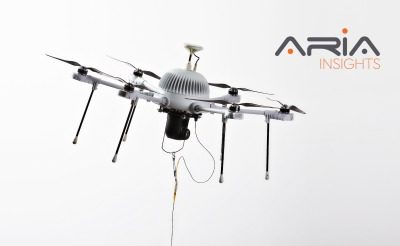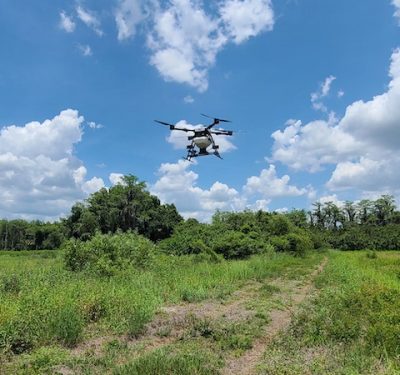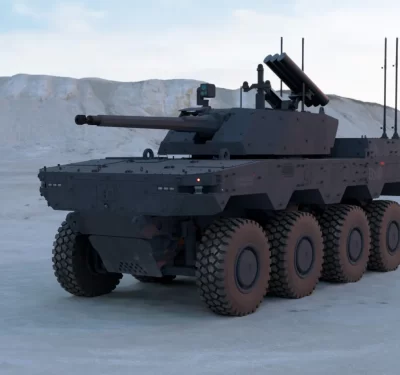The University of Pennsylvania’s GRASP Laboratory recently received a three year, $5.5 million grant from DARPA.
Researchers will use the grant to create flying robots that can quickly and autonomously navigate unknown environments, according to a news release. These robots could be flown during disasters when conditions are too dangerous for humans to inspect damage or search for injured people.
“Our emphasis is on three S’s: size, speed and smarts,” said Vijay Kumar, the Nemirovsky Family Dean of Penn’s School of Engineering and Applied Science, according to the release. “A small, fast flying robot that can find its way through a partially collapsed building or a nuclear plant during a meltdown has the power to save lives.”
This is part of DARPA’s Fast Lightweight Autonomy, or FLA, program that looks for unmanned aerial vehicles weighing less than 3 kilograms and that can fly as fast as 65 feet per second.
The DARPA grant extends existing work being done at the GRASP Lab to miniaturize quadrotors that can fly autonomously in environments they’ve never seen before. The robots will use a suite of on-board sensors and processors to enter a building, make 3-D maps of the space and then use those maps to return to where they started.
Researchers have already built a flying robot that can perform some aspects of this navigation using software and cameras on a customized platform, but at slower speeds.





